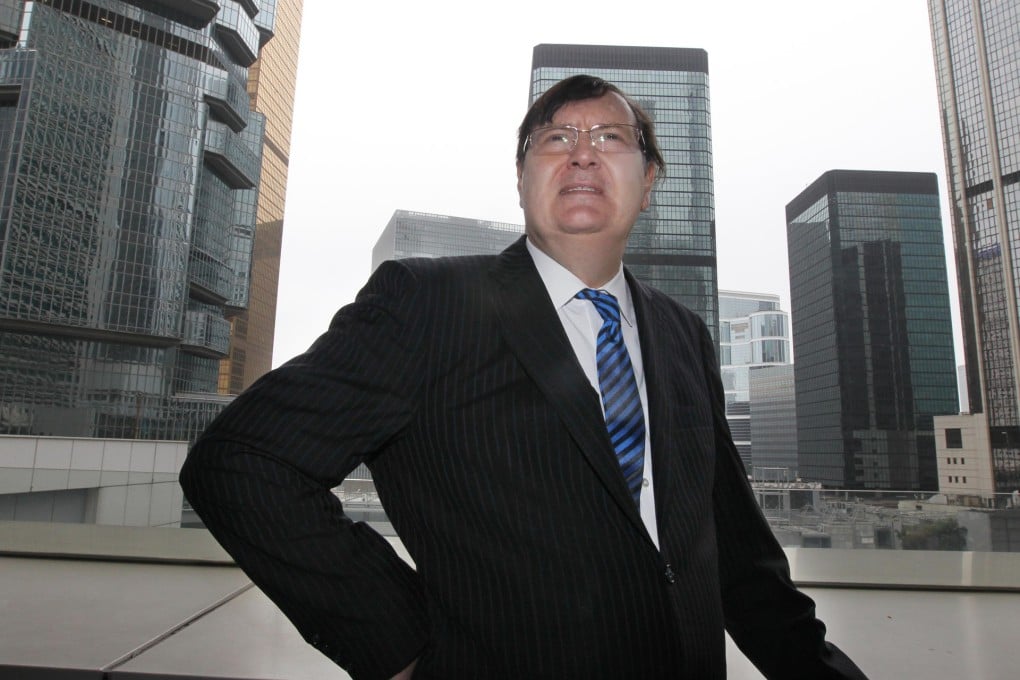Newspaper founder fails in bid to have 33-year-old arrest warrant for trafficking revoked
But judge decides against revoking arrest warrant over drug charges

The Department of Justice decided almost 10 years ago it no longer had enough evidence to prosecute fugitive Oriental Daily News co-founder Ma Sik-chun on drug charges, it emerged yesterday as a judge refused to revoke an arrest warrant issued more than 30 years ago.

But Mr Justice Andrew Chan Hing-wai refused Ma's application to revoke the warrant, saying it had nothing to do with the evidence.
The department said in a statement later that it had told Ma's lawyers in 2005 it had decided it no longer had enough evidence because witnesses had died, their memories had deteriorated or they were unwilling to co-operate.
Barrister and lawmaker Ronny Tong Ka-wah said the statement shocked him because it looked as though the department backed the application.
The court heard that Ma also could not be charged with jumping bail as he had fled in the 1970s and a law making this an offence did not take effect until 1994.
The warrant was issued on September 25, 1978 after Ma fled before a scheduled hearing of charges of conspiracy to deal in opium and salts of morphine between 1967 and 1973. A magistrate had granted him bail of HK$500,000 cash plus two sureties totalling HK$1 million.